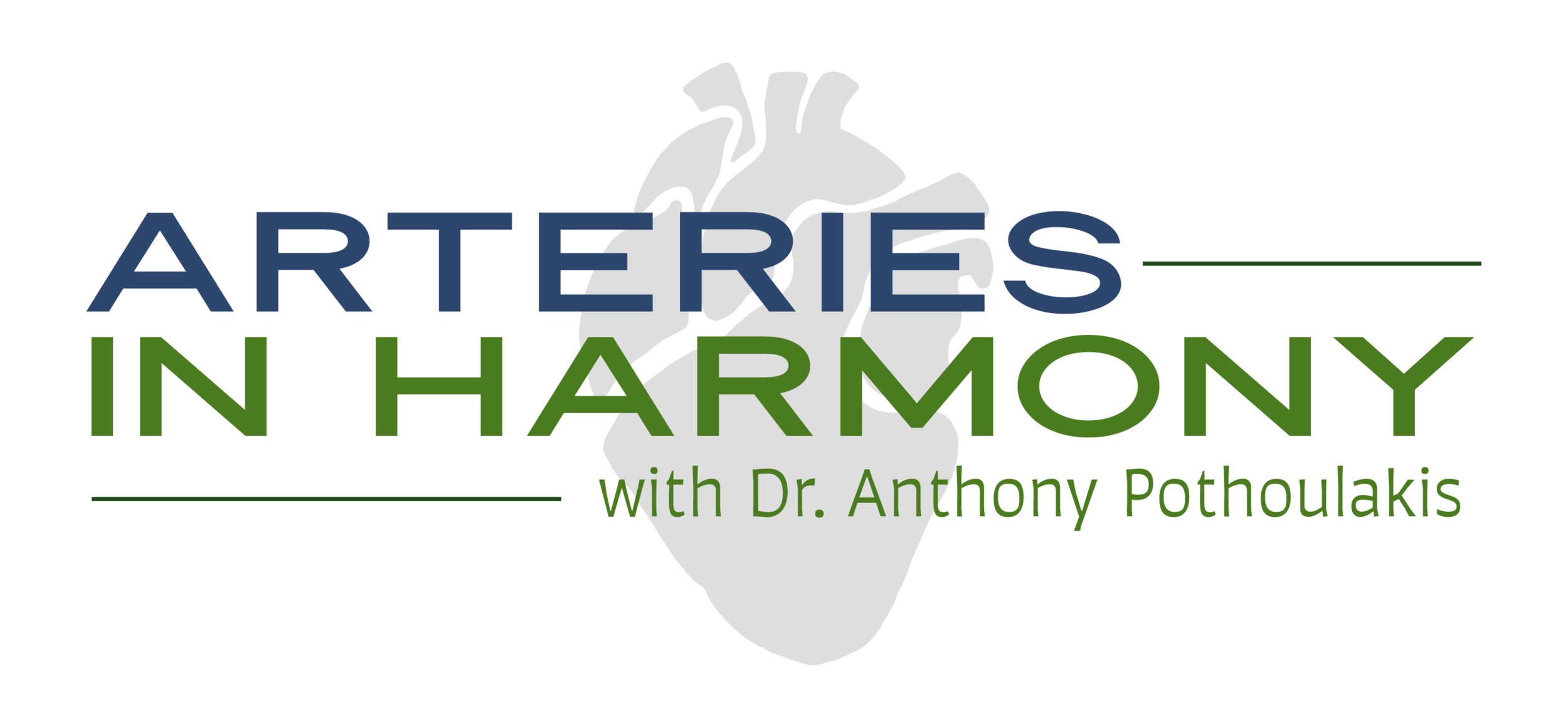AND THE WINNER IS... Balanced Eating vs. Detoxing & Diets
Healthy lifestyle, including healthy diet, is one of the main pillars of wellness and disease prevention and a key to a long- as disease-free as possible- and happy life. For healthy diet and healthy lifestyle to be effective, they must be practiced consistently with only occasional transgressions ( less than 10% of the time).
Given the importance of healthy diet, both the general public and scientists want to know which one is the best. The choice is not easy as so many diets are touted as the absolute best, while the scientific evidence supporting these claims may be lacking. The mere fact that celebrities follow and promote a diet should not be seen as evidence of its true superiority.
On this article we will examine a number of proposed short-term diets that belong to the “Detox” category. These are brief diets, running from as short as three days up to six weeks, and are supposed to “cleanse” our body from toxins and help us get a new, healthy beginning in life. They are also used as a jump-start for weight loss. Some diets work (in terms of losing weight) if you follow them to the letter. Are these diets a true winner or just fads, hype or a new trend? Is it realistic to think you will NEVER eat bread in any form again?
While some people may think that “cleansing” is a new concept, Pharaohs’ doctors in Ancient Egypt used to recommend enemas (colon cleansing or purging) as a way of removing toxins from the body. As an idea, it is appealing, but is it really working or necessary? Consider that our body has very sophisticated mechanisms in place, mostly through our liver, kidneys and immune system to cleanse itself constantly from toxins and waste products. In 2011, researchers at Georgetown University conducted a comprehensive review of the medical literature and found absolutely no scientific support of the practice of detoxifying the colon.
It is true that several individuals feel better after a detox period but is this a “placebo effect”? Mayo Clinic reports that there is little scientific evidence that a detox diet actually eliminates toxins from your body.
While there is wide variation among detox diets, most of them eliminate highly processed foods. Some suggest fasting and allow only drinking natural juices. Others allow you to eat only raw vegetables and avoid sugar. Certain diets require you to cut out carbohydrates, but in the same token other “fatty foods” are allowed. One patient we have spoken to said she was in Las Vegas with a friend and at the breakfast buffet, the friend had bacon piled high on her plate, but you would not catch her dead with a piece of toast. Is that a good way to eat?
Here are some examples of foods prohibited by several detox diets:
- Processed, boxed or canned food
- Table sugar or foods or drinks with added sugar
- Refined vegetable oils
- Artificial sweeteners, preservatives, additives, or coloring
- Flour-based foods
- Grains (rice, oats, quinoa); some diets, though, allow non-gluten grains like rice and quinoa
- Beans and legumes (also allowed by many detox diets)
- Dairy
- Coffee and anything caffeinated
- Alcohol
Examples of recommended foods by several detox diets include:
- Fruits (excluded by some)
- Vegetables
- Non-gluten containing grains (rice, quinoa)
- Beans and legumes
- Nuts and seeds
- Oils (olive oil, hemp oil)
- Probiotic-rich organic yogurt and kefir
- Dairy substitutes
- Green tea
- Water
For “juicing”, lemonade with spices and plant-based (for example with spinach or kale) drinks are recommended.
Some elements of detox diets are shared by traditional Western Medicine and Nutrient Science, like fruits and vegetables, whole grains, lots of water, avoiding sugary beverages, and opting for foods prepared from scratch with natural elements rather than packaged or processed food.
There are some important differences between Traditional Medicine and detox diets, however. Traditional Medicine and Nutrient Science do not advocate fasting; they recommend low-fat dairy products, accept up to five eggs per week and up to five cups of coffee per day. Healthy fats, as contained in fish, nuts, olive and canola oil, avocado and dark chocolate are also recommended by Traditional Medicine but prohibited by several detox diets.
While many of the detox diets are not dangerous (it is very possible that people who feel better after a detox cleansing period do so because they have avoided sugar and processed food), extreme fasting and drinking only juices for prolonged periods of time may harm your health.
Eating a balanced diet is better for you and easier! Whole grains won’t kill you; and lean meats/protein, whole unprocessed foods, and foods low in salt, fat and sugar are the way to go. Foods full of nutrients, vitamins, minerals, fiber and antioxidants work like medicine, supporting and preserving our health.
Think before diving into that new diet craze or a detox diet and talk to your doctor before embarking upon those diets. Keep in mind that, both for the purpose of weight loss and healthy metabolism, what is more important is consistency in the long run, not just extreme measures over a few days or weeks that allow you to go back to indiscriminate eating.
Eating healthy, exercising, getting restful sleep and making smart choices are the way to a healthy life. Making healthier choices and eating a balanced diet is the real reason for feeling good and healthy!
It is not always easy, but remember -you are in charge of YOUR health.
To your health!
Dr. Anthony
